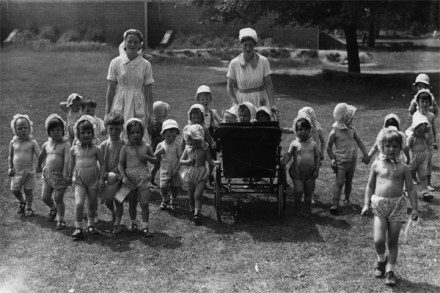Max Hastings’ diary: I love the British Army (but not the Blackadder version of it)
The looming centenary of the outbreak of the first world war offers an opportunity to break away from the Blackadder/Oh! What a Lovely War vision, which dominates popular perceptions. Nobody sane suggests a celebration. But, in place of the government’s professed ‘non-judgmental’ approach to commemoration, ministers could assert that although the war was assuredly ghastly, it was not futile. Whatever the shortcomings of the Treaty of Versailles, a peace imposed by a victorious Germany would have been much worse. David Cameron often mentions with pride Britain’s role in resisting Hitler. In 2014, it would be good to hear him acknowledge that Britain, and those who died in her name, were















